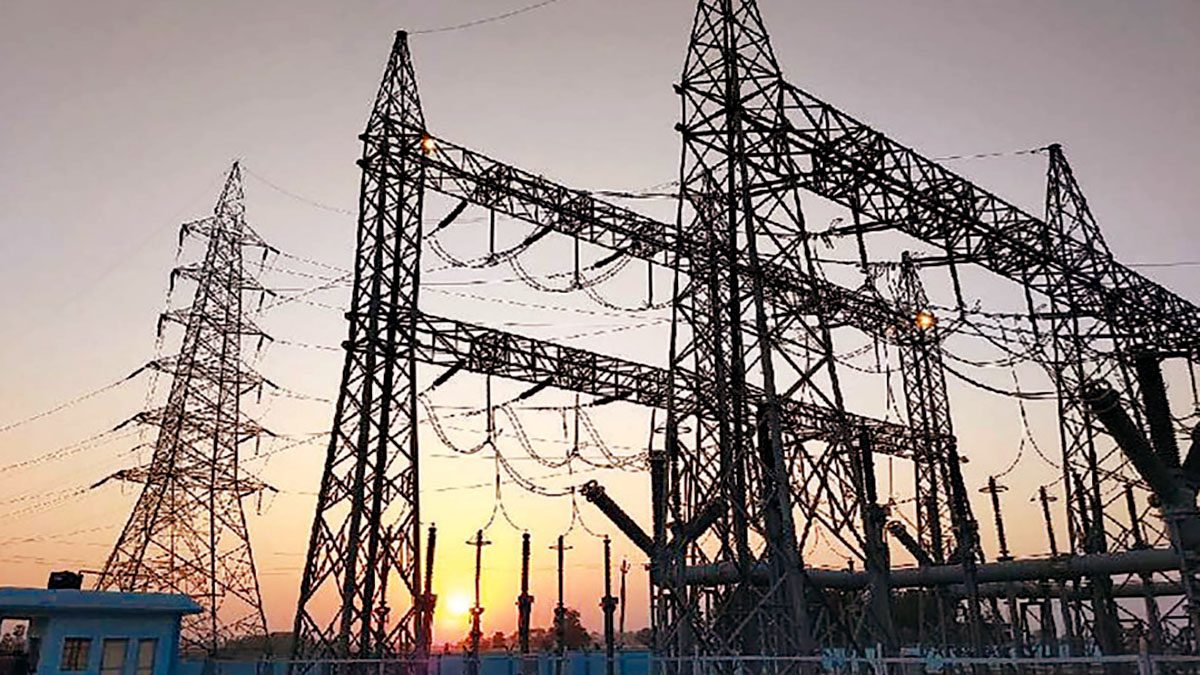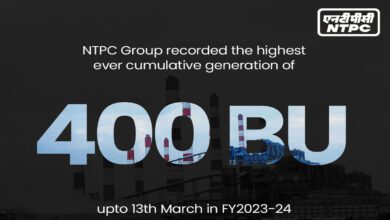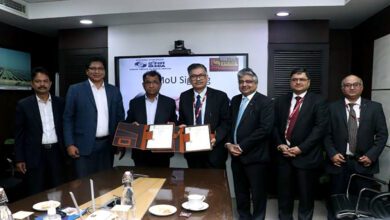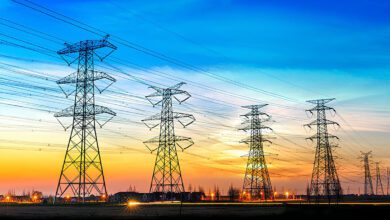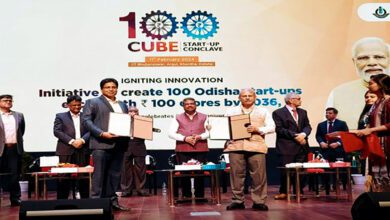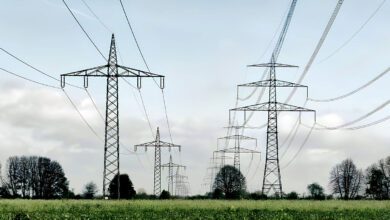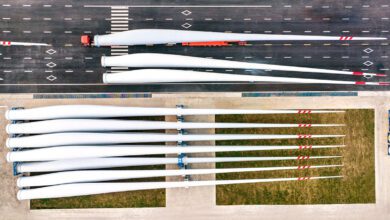In a significant move to streamline the taxation policies surrounding electricity generation, the Central Government of India has issued a circular directing all states to cease imposing any taxes or duties on power generated from various sources, such as coal, hydro, wind, and solar energy. This directive, issued by the Union Ministry of Power on October 25, emphasizes that any such levy is considered illegal and unconstitutional.
The Ministry of Power stated that it had become aware of certain state governments imposing additional charges on electricity generation under the pretext of development fees. These additional charges, in the form of taxation on the generation of electricity, were deemed unlawful by the central government. This prohibition applies to all types of electricity generation, including thermal, hydro, wind, solar, and nuclear.
The circular sought to clarify the constitutional position regarding taxation on power generation. It highlighted that the powers to levy taxes are specifically outlined in the Seventh Schedule of the Indian Constitution. In List-II of the Seventh Schedule (State List), entries 45 to 63 enumerate the powers of states to impose taxes and duties. It explicitly states that no taxes or duties, which have not been specifically mentioned in this list, can be imposed by state governments under any guise, as the residuary powers rest with the central government.
Furthermore, Entry-53 of List-II (State List) empowers states to levy taxes on the consumption or sale of electricity within their jurisdiction. However, it does not extend to the authority to impose any tax or duty on the generation of electricity. This is because electricity generated within one state’s territory can be consumed in other states, and no single state has the jurisdiction to impose taxes or duties on residents of other states.
The Ministry of Power pointed out that Article 286 of the Constitution explicitly prohibits states from imposing taxes on the supply of goods or services, or both, when the supply takes place outside the state. Additionally, Articles 287 and 288 prohibit the imposition of taxes on the consumption or sale of electricity that is consumed by the Central government or sold to the Central government for its own consumption or use by its agencies.
In light of these constitutional provisions, the circular made it clear that no taxes or duties could be imposed by any state on the generation or inter-state supply of electricity under the pretext of additional charges or fees for the generation of electricity from any source, whether it be thermal, hydro, or renewable energy.
The Central Government’s directive urged state governments to promptly eliminate any kind of tax or cess that had been imposed under the guise of development fees, charges, or funds on electricity generation from any source.
This latest announcement builds upon the Ministry of Power’s previous guidance issued in April, which explicitly instructed states not to impose taxes or duties on the generation of electricity, particularly from hydroelectric projects. Some states had imposed taxes on electricity generation under the pretense of levying a cess on water usage for power generation. The Ministry had argued that these taxes were, in essence, levies on electricity generation and were to be collected from electricity consumers, who might reside in other states.
The Ministry further clarified that most hydroelectric plants in the states are located on inter-state rivers and do not consume water for electricity production. Instead, electricity is generated by directing the flow of water through a turbine, similar to the principle of wind projects where wind turns a turbine to produce electricity. Hence, there was no rationale for the imposition of water or air cess on such projects.


